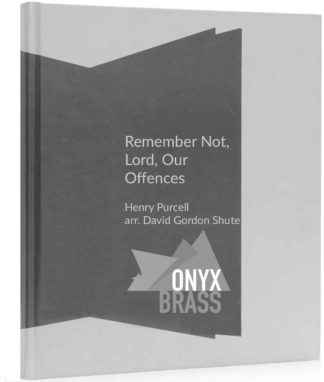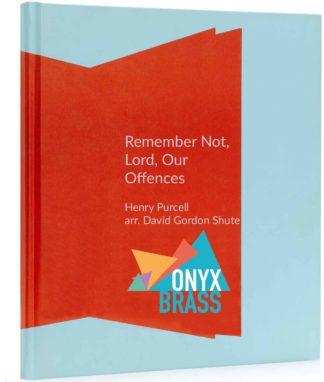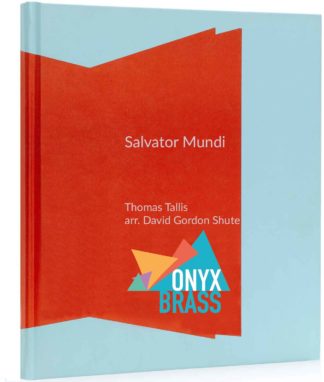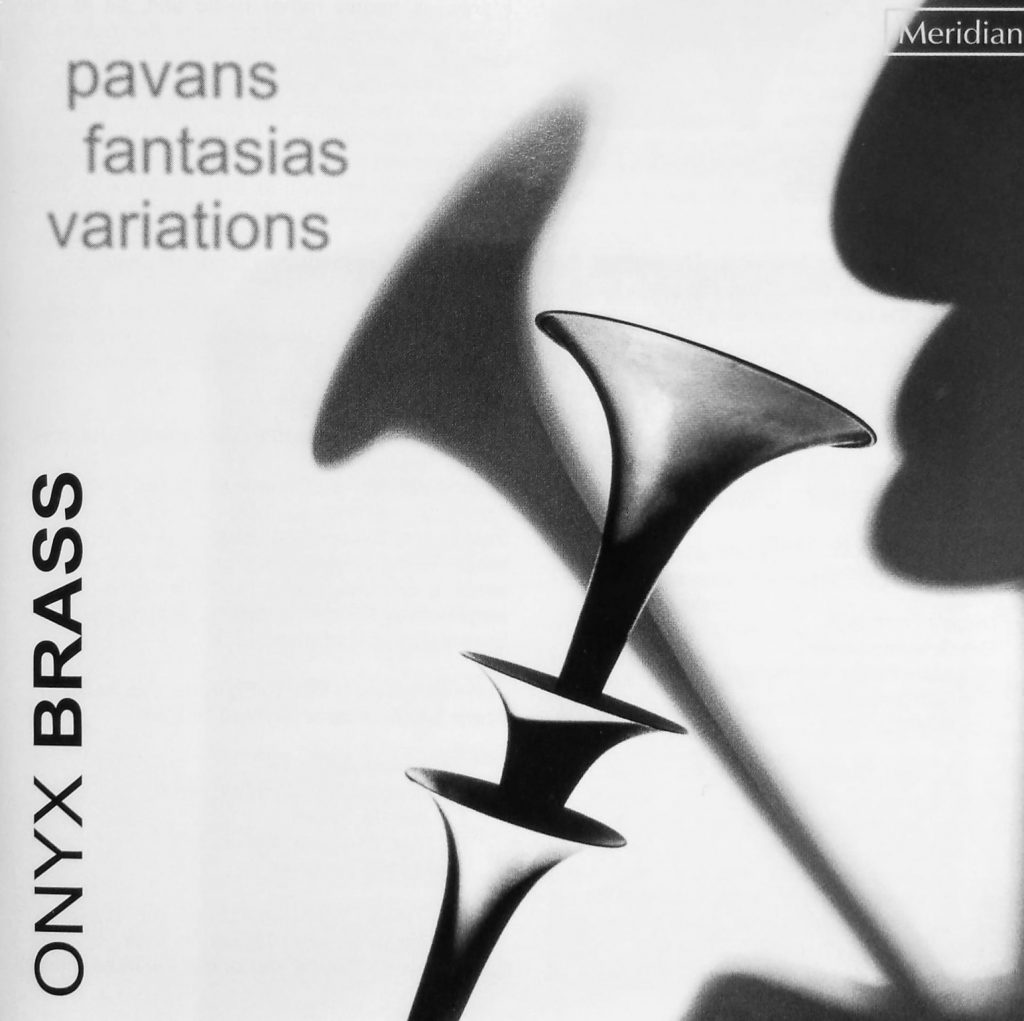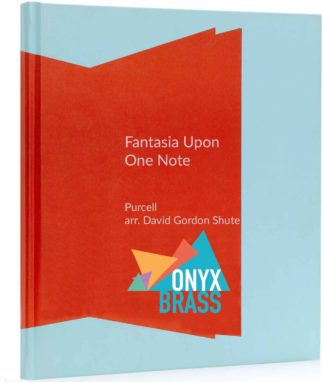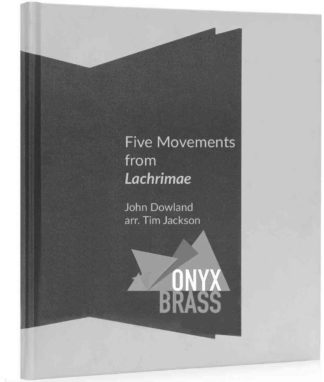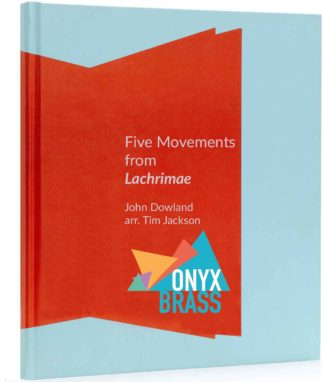When Onyx Brass started out, we were blessed with lots of time to rehearse together which enabled us to grow as an ensemble and work as a group instead of five individuals. To help us with this we used to play and work on arrangements of motets that developed many essential facets of brass ensemble performance. Sound, tuning, breathing and ensemble all improved dramatically while working on these pieces and this week, we have picked two of our favourites that saw us spend many an hour in the practice room just maturing as a group. While we haven’t recorded these commercially here are original versions of the tracks for you to listen too.
First is the Salvator Mundi by Thomas Tallis. The second of two settings of the text that he wrote, this motet composed in 1575 is in five parts and is a canon that explores the theme in a florid Italianate contrapuntal style.
Written one hundred years later, Remember not Lord our Offences, by Henry Purcell is again in five parts but the style of writing here is more austere with the texture more homogenous and vertical in style. However Purcell’s use of discord and chromaticism were unbelievably daring for the time and give this piece a sense of drama.
